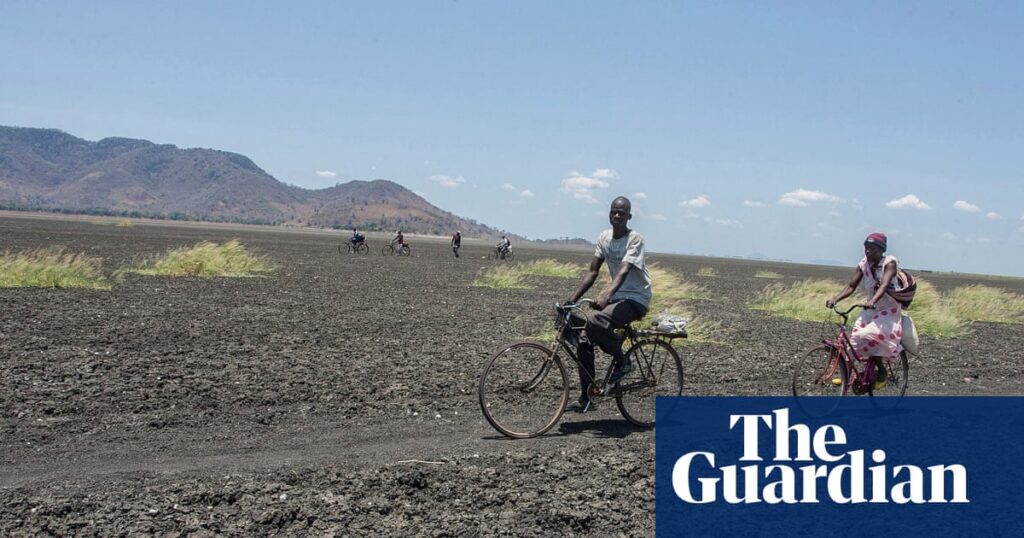Julius Chibonda, a 61-year-old farmer from Malawi, has relocated twice in 16 months, struggling to find sufficient water and fertile land for his agricultural ambitions amidst increasingly erratic rainfall and climate-induced droughts. The climate crisis has severely impacted Malawi, a country where over 80% of the population relies on agriculture, mostly without irrigation.
Malawi’s economy is fragile, with an average annual income of $508 in 2024. The rising frequency of cyclones, notably Cyclone Freddy in 2023, has displaced hundreds of thousands, prompting government actions to help some households relocate. Climate migration is becoming a serious issue, with forecasts suggesting 216 million people could be forced to move globally by 2050 due to environmental stressors.
Chibonda originally hoped to cultivate crops like tomatoes and garlic in Campeco 2, but as water sources dried up, he had to seek land with better access to irrigation. In his pursuit, he now aims to establish a more sustainable agricultural setup on a larger plot near Lake Malawi. However, challenges remain, as water supply continues to fluctuate unpredictably.
Meanwhile, Gladys Khumbidzi, another villager, reflects on her struggles to maintain her garden and care for her grandchildren, expressing weariness from multiple relocations over the years. Access to water remains a critical issue: many people in rural areas walk long distances to collect water, and humanitarian organizations highlight a severe funding gap needed to meet water and sanitation goals.
Overall, the article underscores the harsh realities faced by Malawians as they grapple with the dual challenges of climate change and economic instability.
Source link


